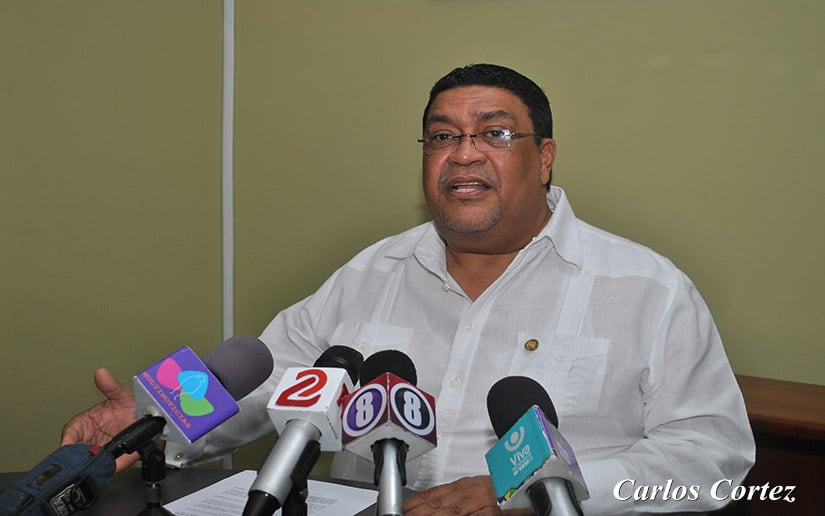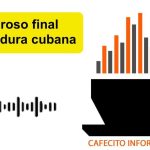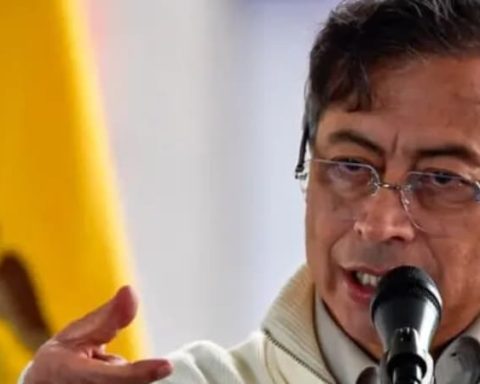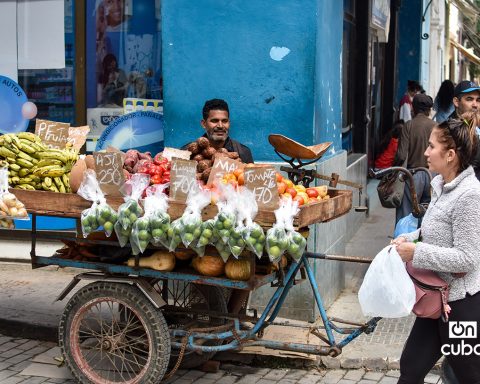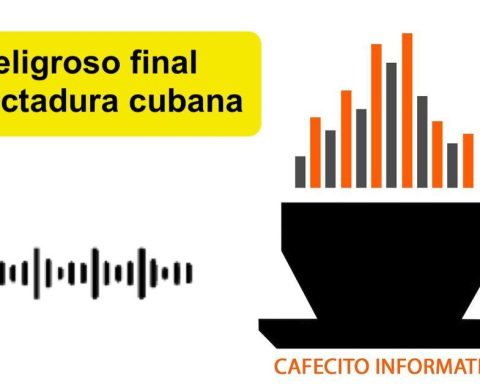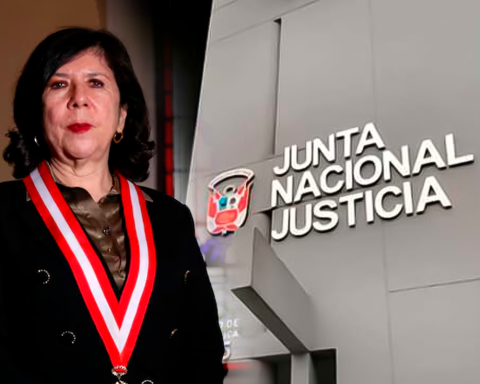The regime of Daniel Ortega and Rosario Murillo appointed the former vice-chancellor, Valdrack Jaentschke Whitaker, as Minister Counselor with consular functions of his embassy in Costa Rica, after withdrawing the ambassador Duilio Hernández Avilés, who -in addition- resigned from the diplomatic service without explaining the reasons .
Jaentschke has held the position of deputy foreign minister, Nicaraguan ambassador to Honduras, Guatemala and 15 other positions in the Sandinista government, for which political analysts consider him to be a trusted political operator for the regime.
Former liberal deputy and political analyst, Eliseo Núñez, warns that Jaentschke’s rotation around the Central American isthmus in the last two years makes it clear that Central America is a “priority” in the diplomatic strategy of the Ortega regime. The reason, he valued, is that the isthmus “is the one who has sustained it on its feet.”
Núñez recalled that, despite the multiple sanctions of the international community against the Nicaraguan regime, the Central American Bank for Economic Integration (CABEI) has oxygenated the Ortega-Murillo Administration. “If it weren’t for CABEI, the regime would not only have fallen into default, it would be almost impossible for it to pay its payroll,” he commented.
The rotation of the former deputy foreign minister also means that “the regime’s priorities in the region are managed from the Foreign Ministry, they are not managed locally,” said Núñez.
The priority of the regime in its relations with the Central American countries is reflected in the appointment of important cadres within the foreign service as its ambassadors in the region. In Honduras, the former vice chancellor, Sidhartha Marín; in El Salvador’s former vice chancellor, Luis Alberto Molina Cuadra; in Guatemala, the retired general commissioner, Juan Ramón Gámez Morales; and now, in Costa Rica, the former vice chancellor Jaentschke as chargé d’affaires.
Assigned to specific missions
For the member of the Blue and White National Unit Jesús Téfel, the rotation of the former vice-chancellor through the Central American countries for short periods could be due to the fact that “he is carrying out very punctual missions” and his arrival in Costa Rica, a country that has welcomed the opposition population persecuted by the regime.
Among the missions of the former vice chancellor in Costa Rica “it could be a lobby, a lobbying with the Tico business community,” warns Téfel. This is due to the fact that historically the Ortega regime has threatened, in some way, “with hindering the land transit of merchandise to the rest of the region and that always corners Costa Rican businessmen and forces them to be cautious about what they are going to do. do,” he explains.
Téfel points out that by sending a picture of trust, the Ortega regime “attempts to open a channel of communication with the new Costa Rican administration of Rodrigo Chaves.” However, the analyst values, “in Costa Rica there is a fairly solid democratic institutionality that, regardless of who is in charge of the Executive (power), its foreign policy towards human rights and refugees will not change.”
Núñez, for his part, points out that it would not be strange for the former vice chancellor’s mission to be “to map and harass Nicaraguan civil society,” since he is someone who “knows the world of civil society organizations in depth.”
Jaentschke is originally from the Caribbean Coast, a sociologist by profession, he worked at the Ministry of the Interior in the 1980s. In the 1990s, he directed a consortium of non-governmental organizations with funding from USAID, and worked for the United Nations Development Program (UNDP) as advisor to the Government of Enrique Bolaños.
In 2007, he joined the Ortega government as deputy foreign minister and justified the regime’s policy to close the spaces for civil society participation.
“Obviously it does not have the same tools as there (in Nicaragua), but it does have the capacity to exert pressure and to exercise a certain number of actions that allow the regime to at least be sure that each one of the members of society is doing civilian by taking refuge here in Costa Rica,” says Núñez.
Hernandez’s resignation
Meanwhile, the Ortega regime published a presidential agreement annulling the appointment of Hernández Avilés as Nicaraguan ambassador to Costa Rica, a position he held for two years and seven months.
In mid-2019, Ortega tried to remove Hernández Avilés from Costa Rica to transfer him to Turkey; however, he reversed the decision due to the silence of the Government of Costa Rica regarding the request for approval for the appointment of Gilda Bolt González.
The Nicaraguan authorities did not disclose the reasons for the resignation of Hernández Avilés, which coincided with the day they were expelled to Costa Rica 18 nuns of the Missionaries of Charity of the Mother Teresa of Calcutta Order of Nicaragua, whose charitable association was dissolved by the Ortega government.
The former Nicaraguan ambassador to the OAS and exiled in the United States, Arturo McFields, assured in an opinion column in La Prensa that the “expulsion of the Missionaries of Charity fell like a bomb inside the State of Nicaragua”, which “has demoralized and angered to many civil and military government officials.”
“Who else do we have to imprison, confiscate or exile? they ask. How long is it going to be enough? They protest silently, in the corridors and on that alternate phone that all officials use, but that do not report to the political secretary or to the ear of the party of each state entity,” said McFields.
Through an agreement, the Nicaraguan Foreign Ministry also annulled the appointment of Ana Lílliam Yllescas Valle to the position of attaché with consular functions at the Nicaraguan Embassy in Costa Rica, according to the Official Gazette.
The dismissal of that official, according to the Foreign Ministry, also “takes effect” as of July 7.
With information from Eph.
